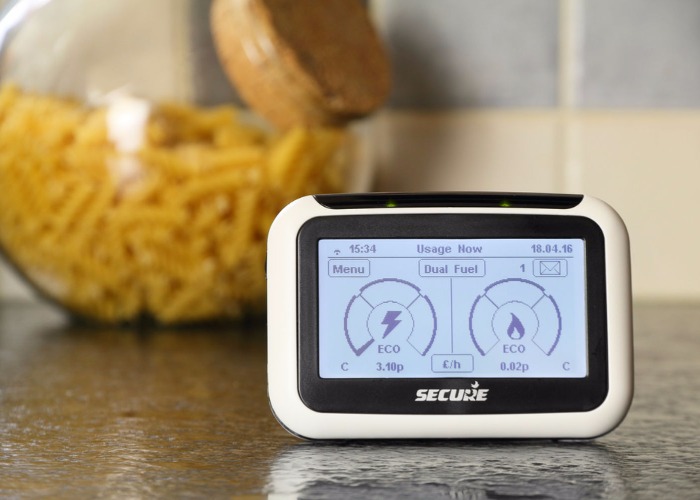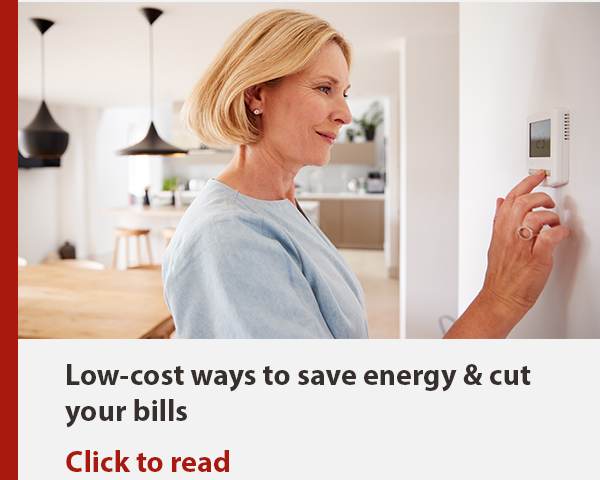Smart meters: energy suppliers push for powers to force installations

Lack of public trust in meters holding back more households from having them installed.
Energy suppliers want new powers to force greater numbers of households to have smart meters installed.
That’s according to a new report into the smart meter rollout by the National Audit Office, which is investigating how well the rollout programme is delivering value for money for taxpayers.
Suppliers have reportedly argued that they have exhausted the “low hanging fruit” of households who actually want the meters, and so need more forceful help from the Government in pushing us to get them installed.
This could include requiring all new homes to be built with smart meters, or forcing households to get a smart meter installed should their old meter break down.
The benefits of smart meters
Smart meters have long been trumpeted as a useful tool in cutting our energy bills, and more widely helping the nation hit its Net Zero target.
The thinking is pretty simple. Smart meters allow households to see at a glance what their energy use is, and where it’s coming from.
If you can see that your washing machine is particularly fuel hungry, then you’re less likely to stick it on when it’s only half full, resulting in lower energy spending and use.
What’s more, the meters communicate directly with the suppliers, removing the need for manual meter readings by the supplier and any issues with the accuracy of bills if they are based simply on estimated usage.
Stalled rollout
However, actually getting these meters into homes has been a protracted problem.
Back in 2012, the then-Government set the target of 2019 for suppliers to get smart meters installed in every home in the country.
This has been repeatedly put back, to the point that the Government is now consulting on plans to have them installed in 80% of homes and nearly three-quarters of small businesses by the end of 2025.
Current estimates are that around 57% of the meters in the country are smart.
A further challenge is that even if more homes wanted the smart meters to be installed, there are apparently shortages of installers.
A lack of trust in smart meters
The reality is that, for many of us, there is a real lack of trust in smart meters. And that is obviously playing a part in so many households declining the opportunity to have them fitted.
A survey by Smart Energy GB last year found that just 37% of those without a smart meter would consider having one installed in the next six months. 41% said they had concerns around the meters.
Some of this is down to the track record of smart meters to date.
There has been no shortage of issues around the meters being inaccurate, while we have also seen that the first generation of smart meters have gone ‘dumb’, essentially no longer functioning in the way they are supposed to.
According to the NAO report, around one in ten smart meters ‒ the best part of three million meters ‒ are not working as intended.
That scepticism towards smart meters will only have increased over the winter, with a host of energy suppliers accused of moving customers onto prepayment tariffs without any notice, simply through carrying out a remote switch on the smart meter.
The downsides of prepayment meters are pretty clear.
Not only do you have to pay more for these deals generally, but your costs will also go through peaks and troughs ‒ you have to put money onto the meter in the first place before you use energy, and so your costs during winter will be massive compared with during the summer months when you are less likely to stick the heating on.
That suppliers could put the technology inherent in a smart meter to use, by moving our tariff over without getting proper notice, is a big downside to even having one.
Why I'm not yet convinced by smart meters
I should point out here that I haven’t had a smart meter installed, despite the protestations of my energy supplier.
The supplier contacts me most months to warn that the meter is old and out of date, and needs replacing. Specifically with a smart meter.
I think I would have more faith with these suggestions if Shell Energy ‒ my current supplier ‒ had ever even seen the meter.
But given I send the readings myself, I’m not convinced they have the slightest clue about the state of my meter, beyond the fact it isn’t a smart one.
At some point, I may relent and get a smart meter, but I’m yet to be convinced of whether it would really be worthwhile for me.
And judging by this NAO report, I will continue to have plenty of others just like me.
Comments
Be the first to comment
Do you want to comment on this article? You need to be signed in for this feature
